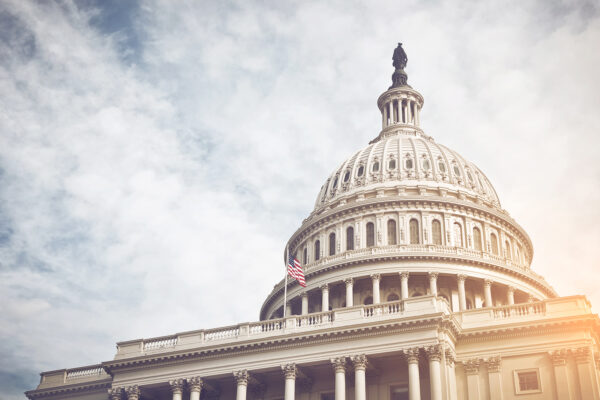
Polls show that Americans under the age of 35 are more sympathetic to big government than their elders. Democrats have a 48-point advantage among millennial voters, according to the latest NBC News/Wall Street Journal survey.
That is not so surprising when you realize that their generation may be the first in a long time that is worse off than their parents’.
Michael Hobbes’ feature about millennials in The Huffington Post contains some sobering statistics.
On average, he writes, Americans under the age of 35:
- Have 300 percent more student debt than their parents;
- Are half as likely to own homes as young people were in the 1970s; and
- Will probably have to work until they’re 75.
The stereotype of the overqualified liberal arts graduate working as a barista is only half-correct. Many young Americans are struggling to find high-paying jobs despite having spent tens — sometimes hundreds — of thousands of dollars on their education. Less known is that one in five young adults live in poverty.
What can be done?
Hobbes lists various proposals:
- Raise the minimum wage and tie it to inflation.
- Roll back anti-union legislation to give workers more leverage against companies that treat them as if they are disposable.
- Tilt the tax code away from the wealthy. Why is it possible to write off mortgage interest on a second home but not student loans or the cost of getting an occupational license?
- Create portable benefits to break down the zero-sum distinction between full-time employees, who get government-backed worker protections, and independent contractors, who get nothing.
- Reform zoning laws to pave the way for more affordable housing.
Disinterest in Washington
He is not optimistic, though, about any of this getting through, at least not at the federal level.
Donald Trump, Paul Ryan and Mitch McConnell are not interested in our innovative proposals to lift up the systemically disadvantaged. Their entire political agenda, from the Scrooge McDuck tax reform bill to the ongoing assassination attempt on Obamacare, is explicitly designed to turbocharge the forces that are causing this misery.
There are promising state and local initiatives, but ultimately more millennials need to vote — and not just in presidential elections, but in the midterms — to effect change in Washington.
